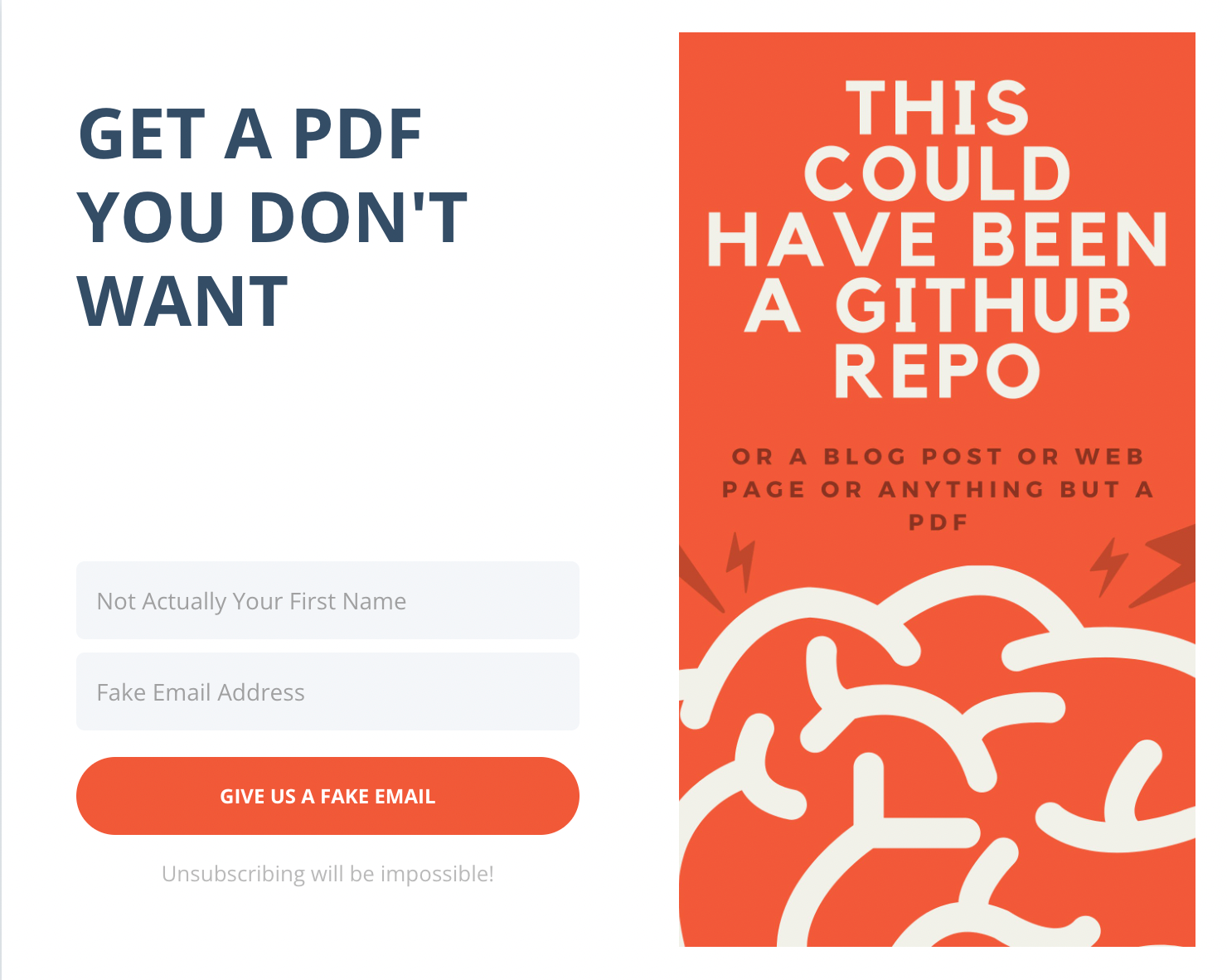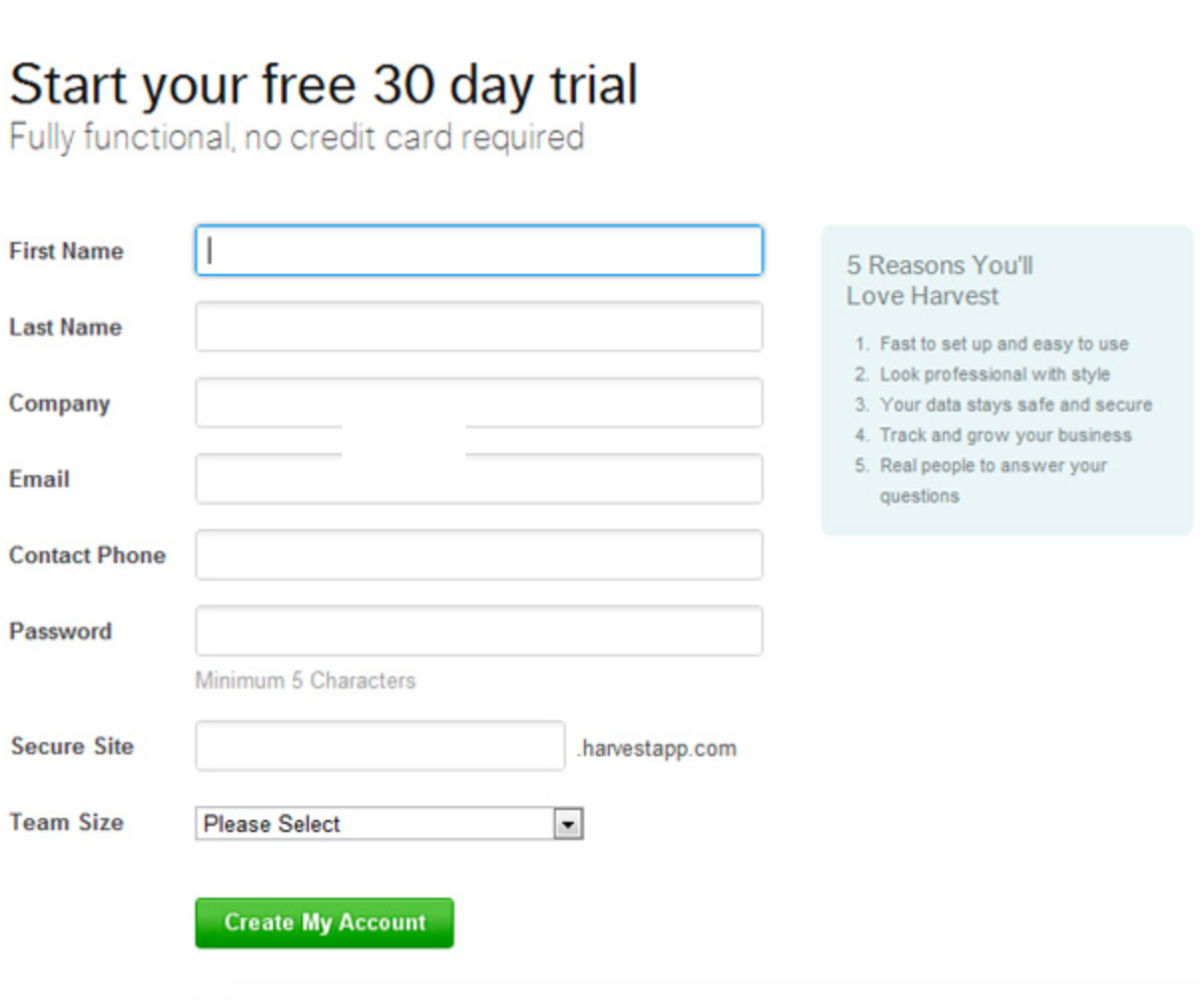Marketing to Developers is Not Hard
She picks up the cube and inspects it from all angles. To my untrained eye, her task seems insurmountable. This Rubik’s cube, with its nine colored stickers covering each side in seemingly random spots, will soon be solved.
The room is silent. She sets the cube down and places her hands on a pad connected to a timer. Then she solves all six sides in under six seconds. Her name is Dana Yi and she's one of the best in the world at "speedcubing."
For most of us, solving a Rubik's cube at all seems impossible. Forget six seconds-- six minutes seems out of reach. For most of my life, I thought the Rubik's cube was hard. Recently, I learned there are patterns that, when memorized, can give anyone cube powers. Developer marketing is the same. It’s not hard.
Of course, many claim the opposite. Marketing to developers *can* be hard. Developer-focused companies like Twilio and DigitalOcean continue to thrive and expand, in numbers. Developers are a notoriously skeptical audience. With an increasing amount of tools that promise a silver bullet, devs have only become more discerning.
For marketers, it may feel like an uphill battle—but that doesn't mean it has to be hard. To succeed, you must change your marketing mindset. In fact, the more you act as though Developer Marketing Does Not Exist, the better chance you have with your audience.
Tap into your inner Dana Yi. Look for the known patterns of engaging developers. To do this, you may have to un-learn some marketing habits.
In this post, I'll cover four mistakes marketers make when they bring their skills to a technical audience.
Your Focus on Leads Backfires
Ever had anybody introduce themselves as a lead? Nobody identifies as part of your marketing funnel, least of all developers. You probably don't greet them as a lead directly, but you might do things that imply you see them that way.

When you gate white papers, guides, and other "resources," developer skepticism increases. You'll get a fake or temporary email address—if you get anything at all. More likely, they'll ignore your attempt to "convert" them.
A developer's job is to build software workflows. Their mental model is different from others. Instead of seeing a path to valuable information, they see the CRM or database where their data is headed. They reverse engineer your marketing automation and pull the ripcord.

When they interpret ulterior motives, you lose their trust. They'll look at each field and wonder why it's needed. Phone number? They can already hear all the voicemails from sales, not that they'll listen to them.
Before working on the marketing side, I was a developer. At one event, I had a great discussion with an evangelist. We exchanged cards, but I never heard from them again. Instead, I heard from their company's inauthentic sales process, completely eroding the trust we'd established.
Only after you have convinced a developer that you can help them will they trust you enough to enter your database. To be successful, you'll need to take the spotlight off your product and avoid another developer marketing mistake.
Your Features Don't Understand Their Problems
Any good marketer knows to use benefits, not features, to describe your product. With developer audiences, this best practice is often not enough.
You need to discover the problem they experience before the benefit.
Then, you must articulate your understanding of the problem without pitching your product to be the silver bullet.
Often, developer benefits gravitate toward some common phrases:
- Simple
- Easy
- Scalable
- Zero configuration
- It just works
But if you say the same to developers, they might not believe you.
Developers have heard these promises before, especially from marketers. It’s never simple, easy, or scalable. There's always a trade-off. Great "developer marketing" will identify and explain how to handle these developer compromises.
Likely, the benefits of your product can be mentioned in comparison to the typical approach to the problem you solve. In fact, you can use the pain of the developer alternative to make an implicit case for your product. This Developer Content Mind Trick can be more powerful than a direct build vs. buy argument.
Show you understand the problem so well that you can help them solve it without your product. Once you've exposed the sharp corners of the DIY solution, you've built the kind of trust they need to try your product.
Similarly, spell out clear developer use cases. Again, the focus is on the problem. The fact that your product's feature provides the solution is almost a coincidence.
Become a trusted resource. Not only will this show you understand their problems, but you'll also be paying into a bank account you haven't even noticed they opened.
You've Misunderstood Their Currency
When actor Matthew McConaughey first went to Hollywood, he was broke—both the literal currency to pay rent and the Tinseltown currency to get gigs. He was sleeping on a friend's couch and had a single, small role in an indie film to his credit. His mentor refused to introduce him to agents because he'd appear desperate, further depleting his figurative bank account. In Hollywood, the appearance of glamor and cool pays the bills.
Bring the wrong currency to an audience and you'll be turned away. The same is true of developers; traditional marketing tactics are not legal tender.
You can look to open source software for a sign of what most developers value. How do these communities thrive with relatively little monetary influence? Open source altruism takes one individual's contribution and makes it available to the entire community. All that is asked is that others offer their improvements the same way. Developers want to help each other. There's so much to know about building software, nobody can know it all. Whether it's through open source, discussion forums, or code review, developers are always learning and teaching.
Knowledge is the developer currency. When we push a product rather than explain a problem, it's going to get rejected at the register.
Now consider that most developer tools are used by a team, not an individual. You need to build trust so high they're willing to make a recommendation to their fellow developers. Education takes time and requires a consistent approach that shows you are part of the community.
Returning to typical marketing tools can't track the full lifecycle of developer adoption. You should still try, but recognize the picture will be fuzzy (and there's a good chance they're running an ad blocker anyway).
There Are No Dev Marketing Shortcuts
The traditional marketing toolkit is unlikely to be effective when blindly applied to developer audiences. Gated assets, highly-tuned tracking, and "so easy a caveman can do it" messaging will make developers scramble in the opposite direction.
The reason my book is titled Developer Marketing Does Not Exist is because your marketing tactics should be invisible. The solution is to join developers in the community and help them solve problems. Remove the signals that they're a lead and swing the focus off of your product. Show your willingness to educate and inspire, so they'll see you know their currency.
Perhaps it seems that developer marketing is hard. Remember it's only difficult like a Rubik's cube solution. There are defined patterns to genuine developer engagement. Though there aren't shortcuts, the path to success is straightforward if you avoid the traditional marketing mistakes covered in this post. Apply these ideas to your dev-focused company and you're bound to reach more of the right developers.
If you’re interested in learning more, be sure to check out the rest of Developer Marketing Does Not Exist. Adam provides practical advice, from creating tutorials and guides to advertising, and will help you uncover what actually resonates with your technical audience so you can start to reach more developers.
Subscribe to Heavybit Updates
You don’t have to build on your own. We help you stay ahead with the hottest resources, latest product updates, and top job opportunities from the community. Don’t miss out—subscribe now.
Content from the Library
Use Free Tools to Market Your Developer Product
Adam DuVander is a developer, marketer, and founder of EveryDeveloper, where he helps great dev tool companies reach more of the...
Generationship Ep. #25, Replacing Yourself featuring Melinda Byerley
In episode 25 of Generationship, Rachel Chalmers speaks with Melinda Byerley, founder and CEO of Fiddlehead, about the...
Open Source Ready Ep. #2, Defining Open Source with Avi Press of Scarf
In episode 2 of Open Source Ready, Brian Douglas and John McBride speak with Avi Press, Founder & CEO of Scarf. Together they...
